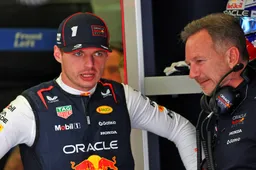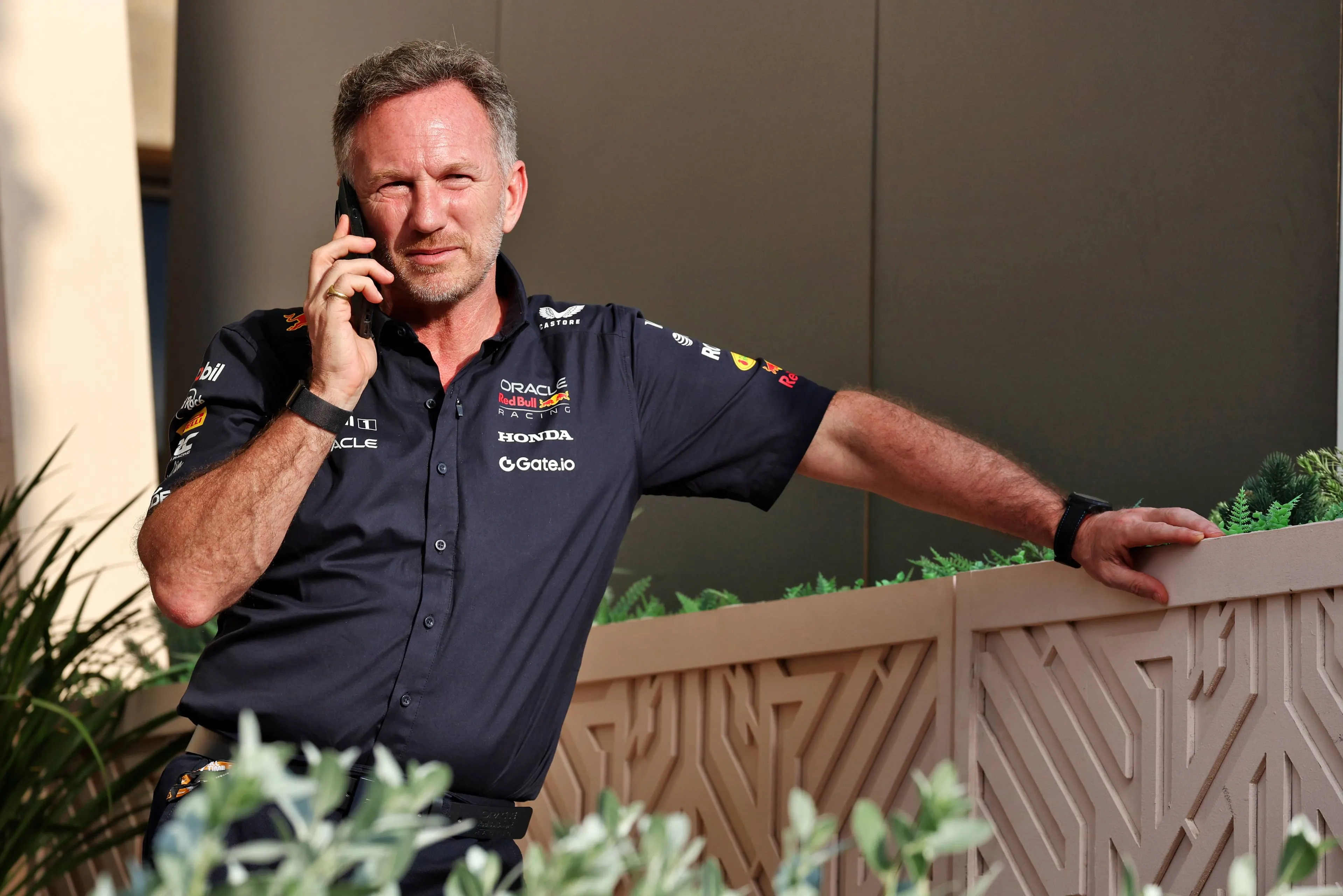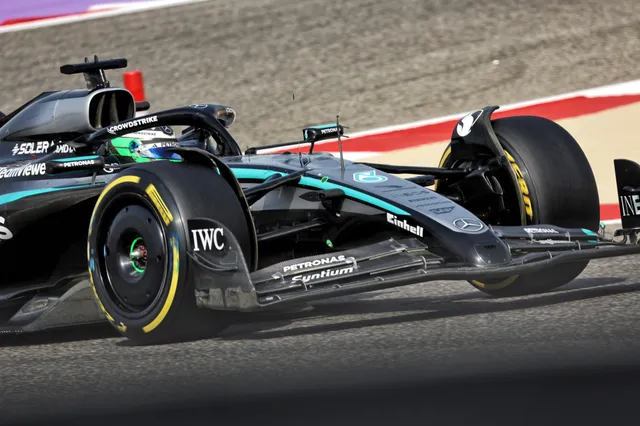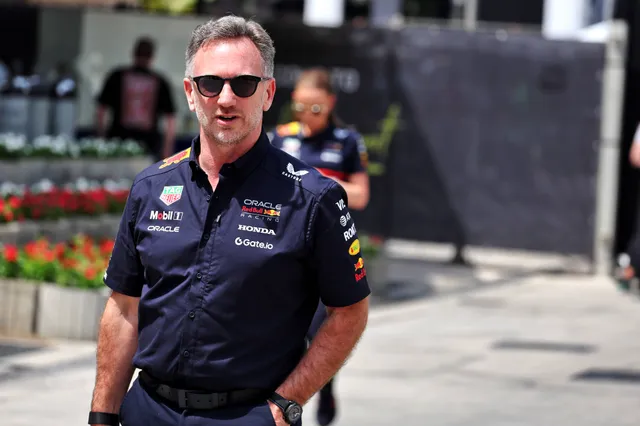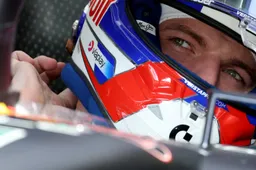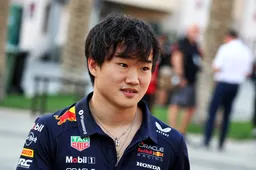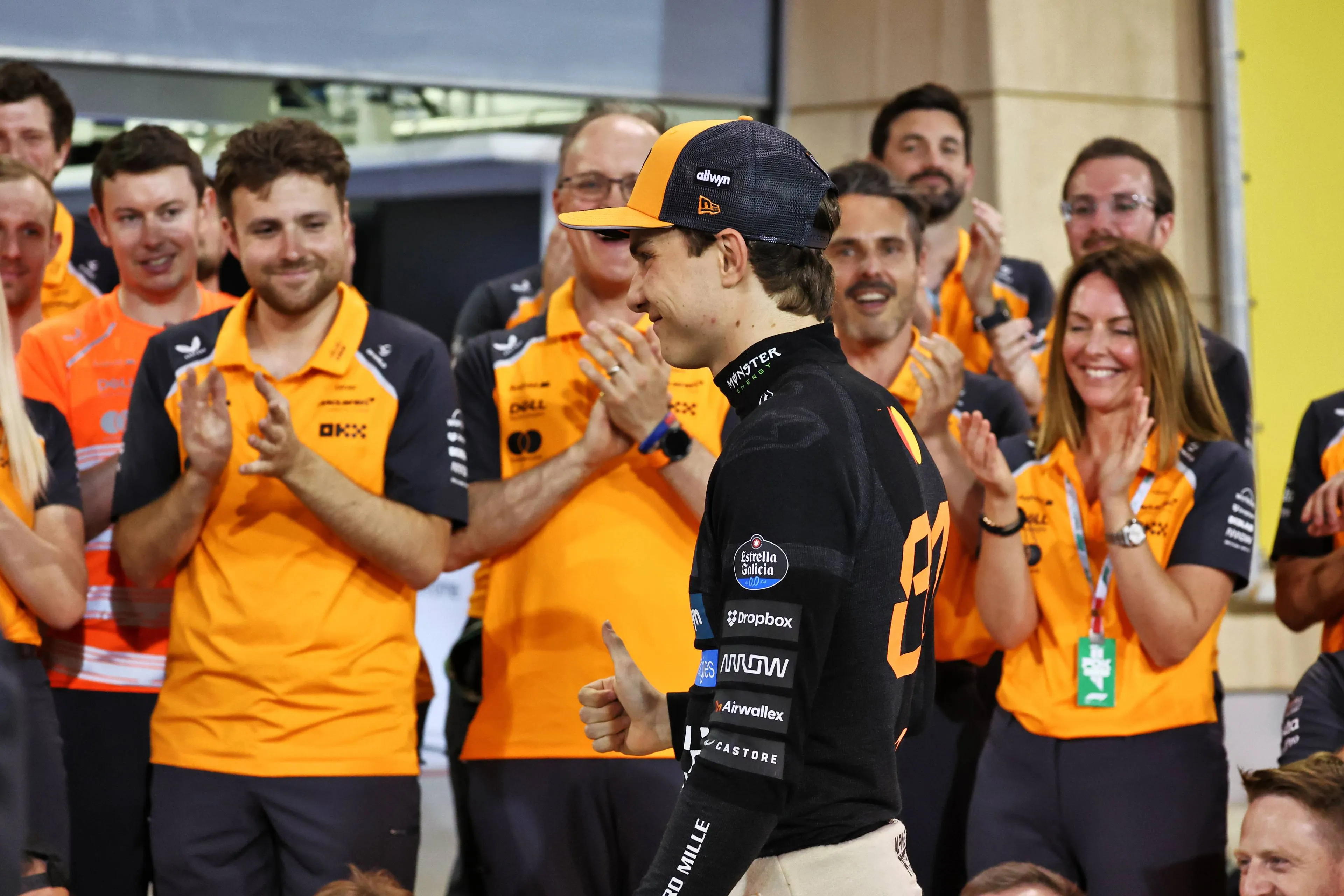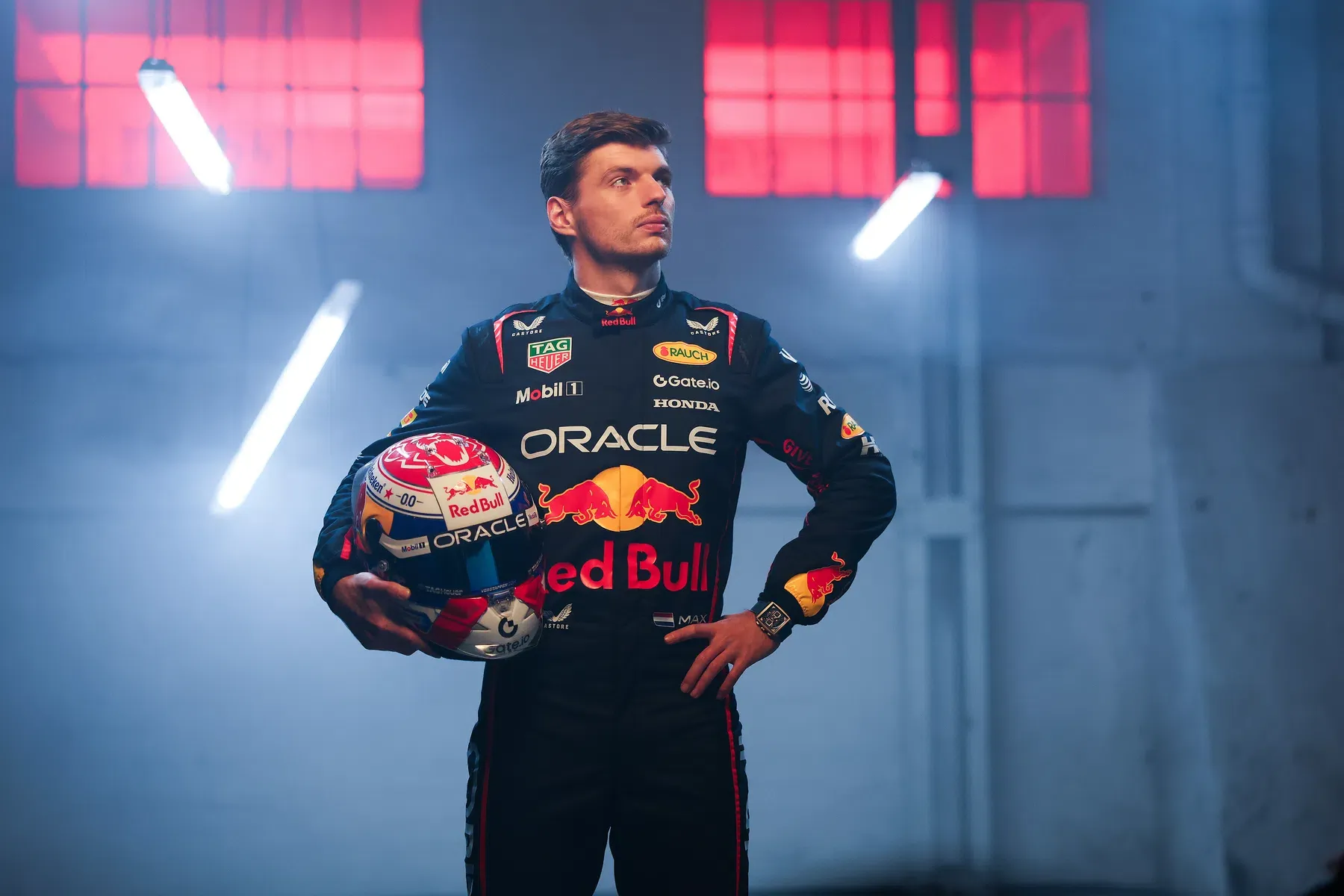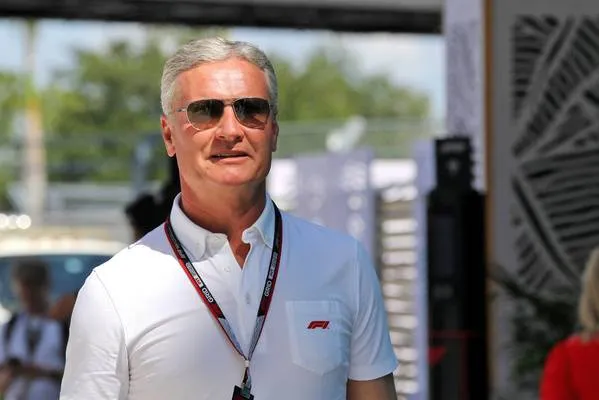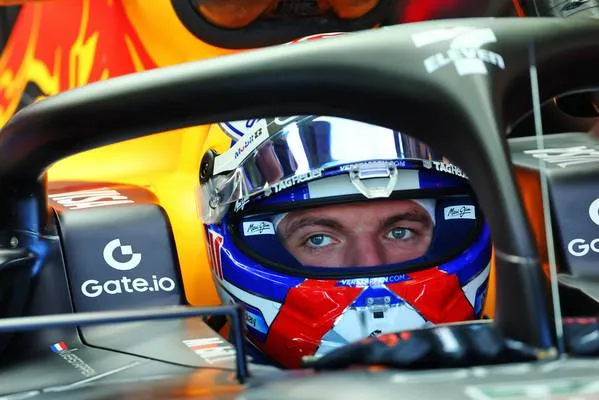What Red Bull and Ferrari’s position says about the state of their 2026 PU
The V10 engines will not be coming in the short term, but the backstage conversations do tell an interesting story about 2026: have Red Bull Racing and Ferrari been sleeping?
In recent weeks, it's been all about V10 engines. A comment from Mohammed Ben Sulayem sparked the fire. The timing of his comments was particularly notable, considering that the new engine regulations for 2026 have yet to be implemented and motor manufacturers have already pumped nearly 300 million into the new project.
During the meeting on Friday in Bahrain, it also became apparent that it was not about more than hope from the FIA president. There was no grand well-thought-out plan behind it, and some in the paddock claim that the president of the FIA mainly wanted to give something to the fans. The fans took the bait, but there is no serious plan for the V10 engines.
The sport has changed immensely since the engines were last active in F1. F1 now focuses much more on sustainability. Hence, the engines in 2026 will be equipped with a large electric component and the fuel in 2026 will also be entirely sustainable. The old V10 engine will therefore not return. If it does happen, it will be a variant that aligns with the current societal plans of the sport.
Why are Red Bull and Ferrari not against a V10 engine?
Mercedes, Red Bull Powertrains-Ford, Honda, Ferrari, and Audi are not at all eager to switch to a completely new engine. Manufacturers have invested heavily in developing the 2026 engine. Audi is even making its entrance into the sport through that engine, and Honda also returned with these plans on the horizon. A switch to new engines in 2029, 2030, or 2031 is not at all what those manufacturers want.
Yet, it became clear on the paddock in Bahrain that there are two manufacturers who are not averse to the introduction of a V10 engine: Red Bull and Ferrari. As a fan, you can think: how great that they support this good initiative, but you can also wonder what political reason lies behind it.
Because if Red Bull and Ferrari have just invested hundreds of millions in their new engine for 2026 and feel they are in a good position, they would never be open to the introduction of a completely new V10 engine. The feeling on the paddock is that Red Bull and Ferrari are confident that they will come out on top with their PU in 2026.
Red Bull Powertrains has previously been rumoured as being the engine that has fallen behind, but the team consistently denied this. Christian Horner also denied that his team 'pushed' for the V10 engine.
How is the Red Bull engine looking for 2026?
Whether Red Bull and Ferrari have actually fallen behind is currently impossible to say. However, it does not speak of confidence that both teams are not against a new engine on such short terms. Mercedes, which, according to many, seems to be in a very good position just like in 2014, explicitly states that it wants to first move onto 2026 and complete the cycle with those engines before thinking about a new engine.
How confident Honda and Audi are, is unclear. For those manufacturers, however, it is evident that they do not want to switch to a different engine. Audi is entering the sport precisely because of this sustainable engine. The German brand has invested heavily in the new project and will not suddenly want to switch to a completely different engine within a few years.
The same applies to Honda. Honda exited Formula 1 by terminating the partnership with Red Bull Racing. However, it decided to return as an engine supplier in 2026 with the new regulations for the sustainable engine on the horizon.
Read also
Popular on GPBlog
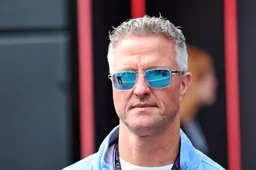
Ralf Schumacher expects Max Verstappen to leave and names shock team
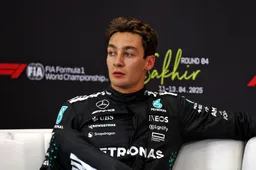
Brundle warns Russell he should be "worried" as Wolff 'won't want to let Verstappen slip again'
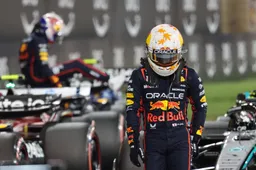
Windsor: 'If Red Bull don't give Verstappen this, he's another Yuki Tsunoda'
